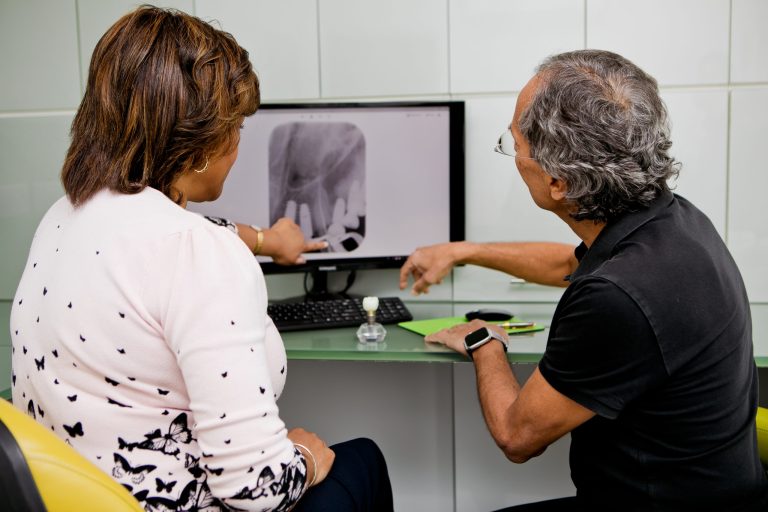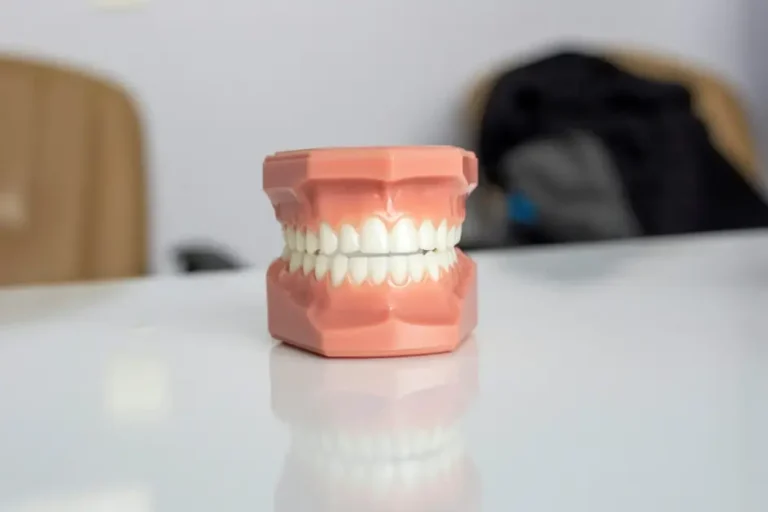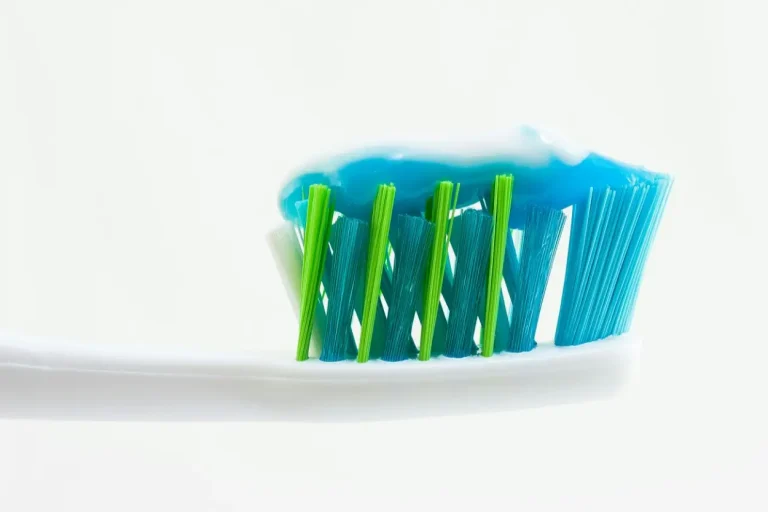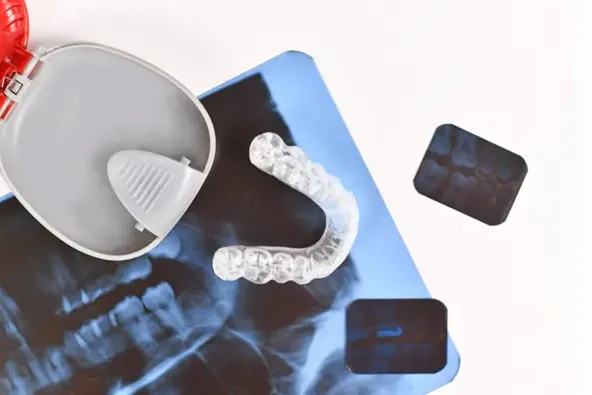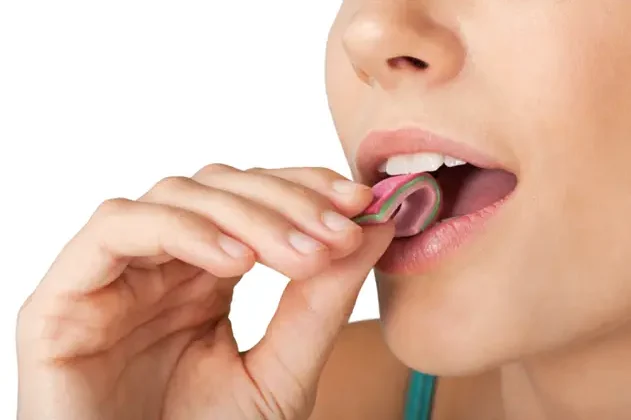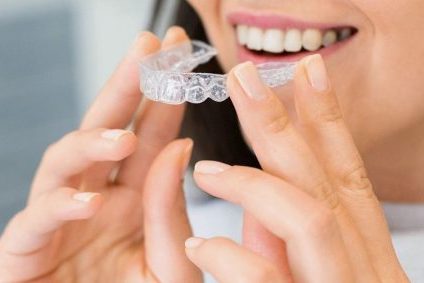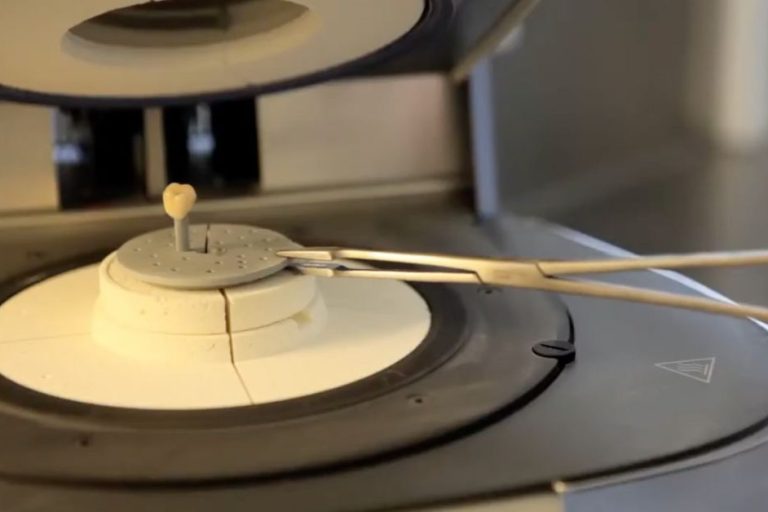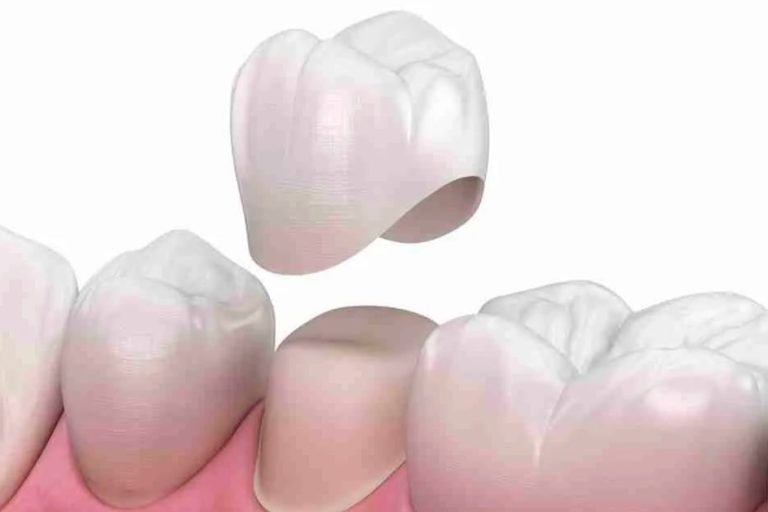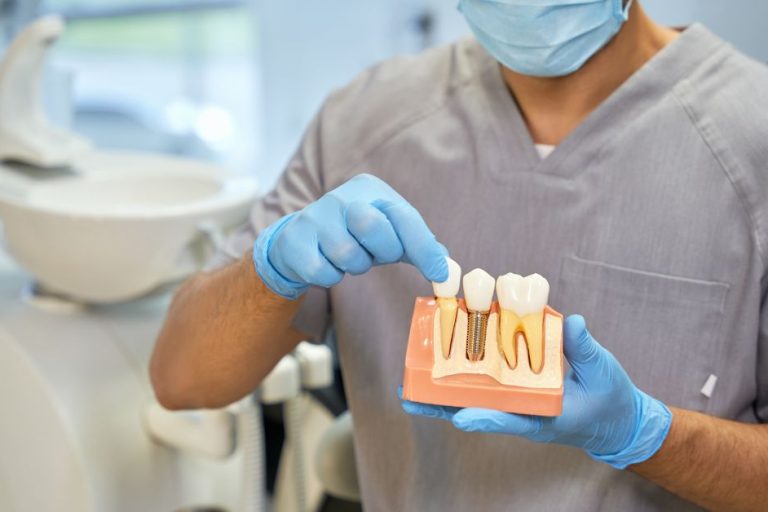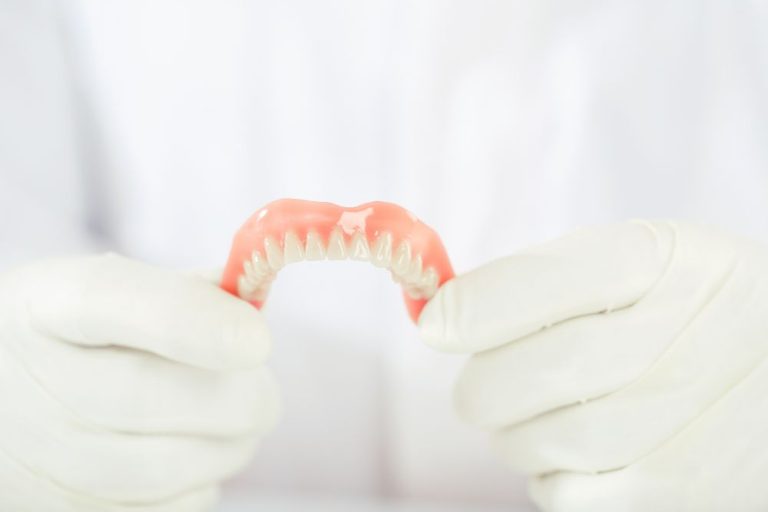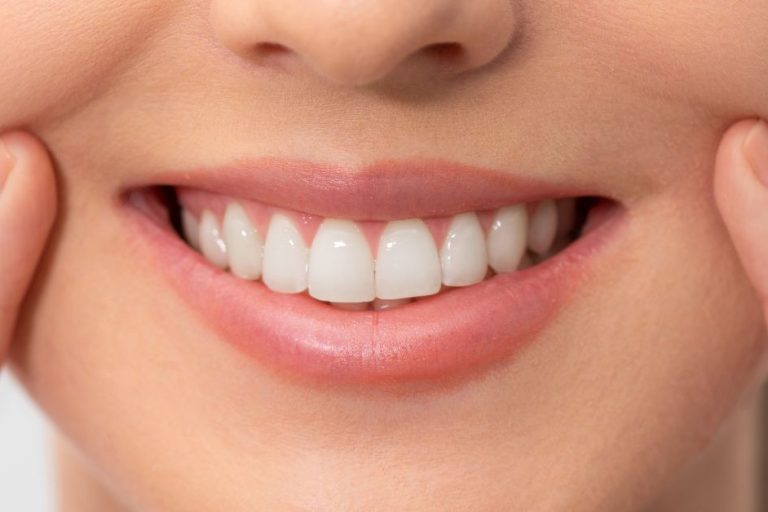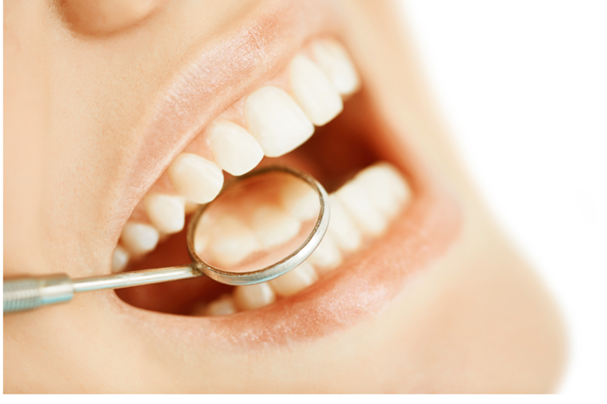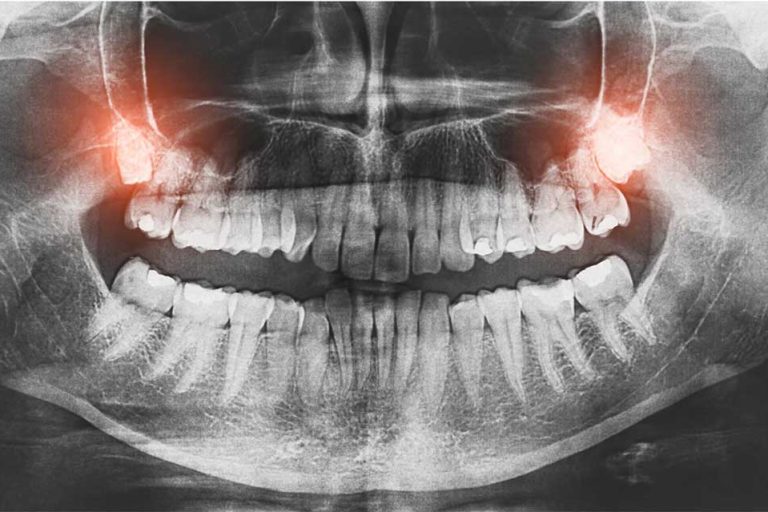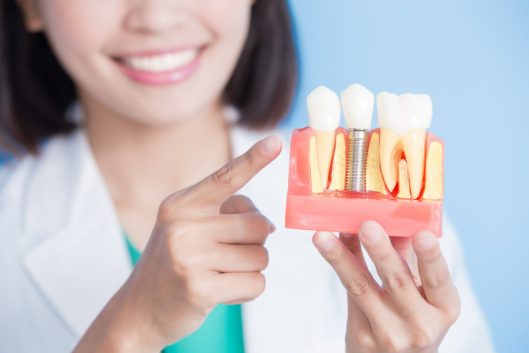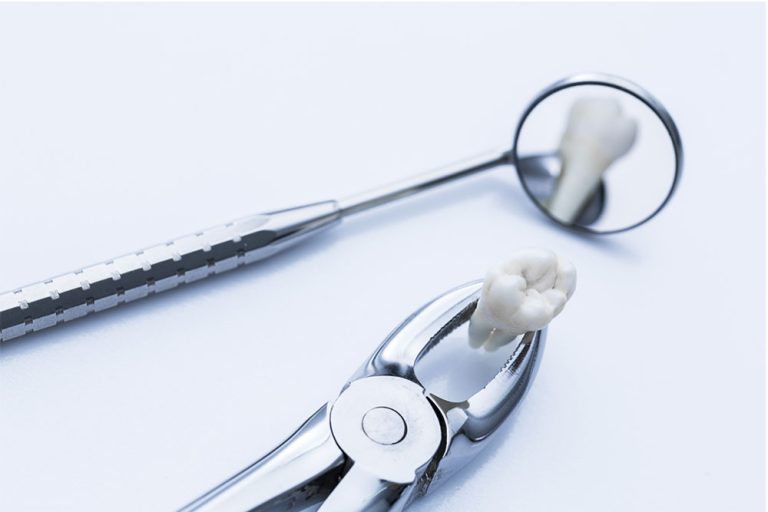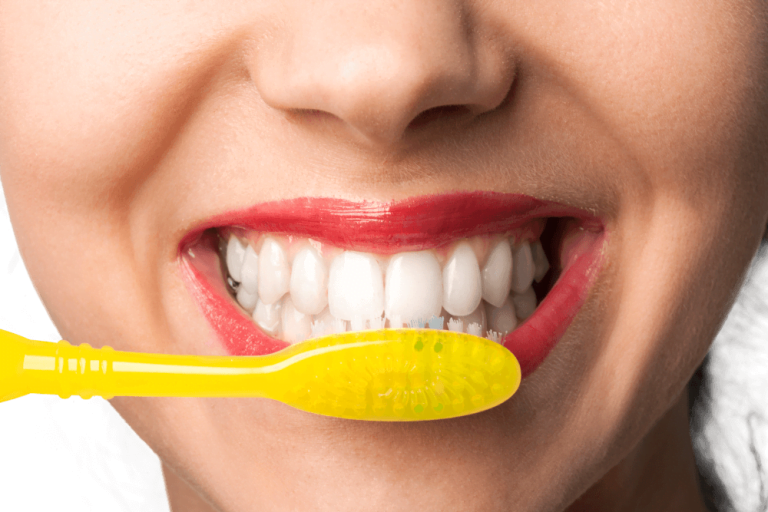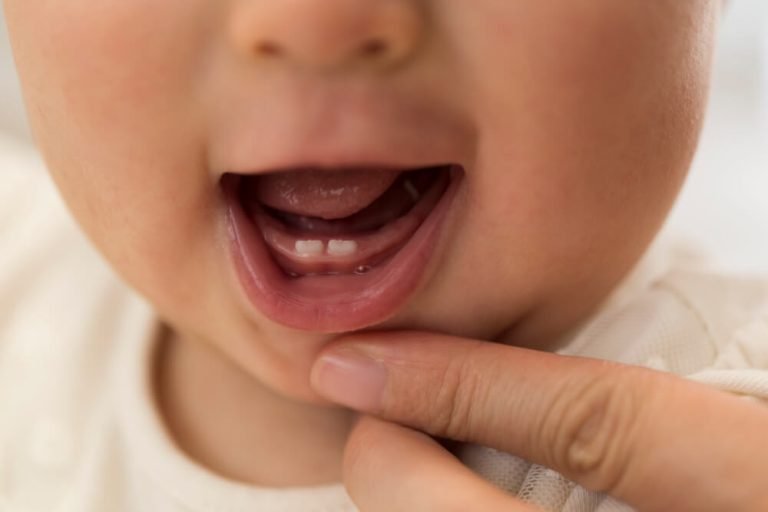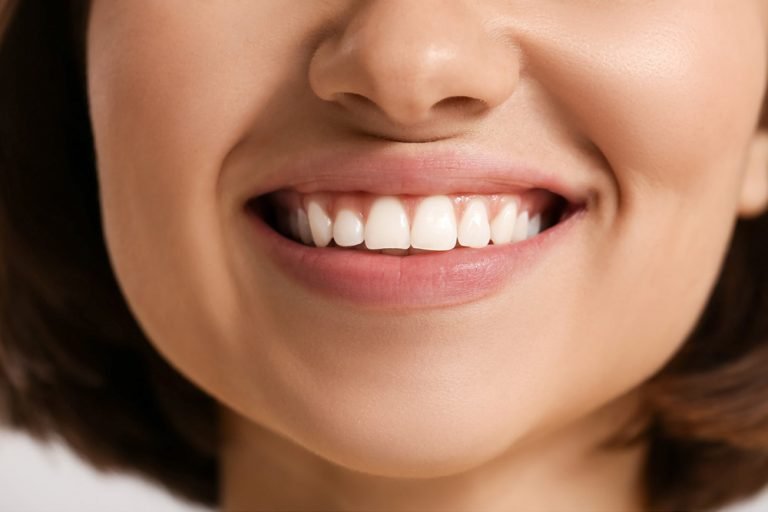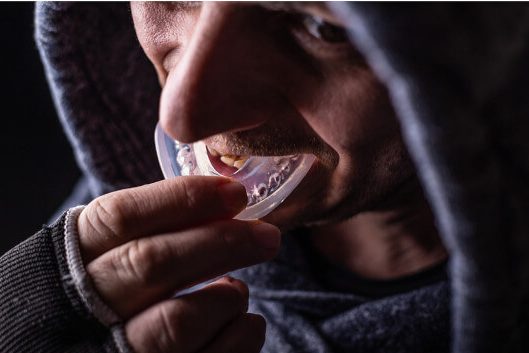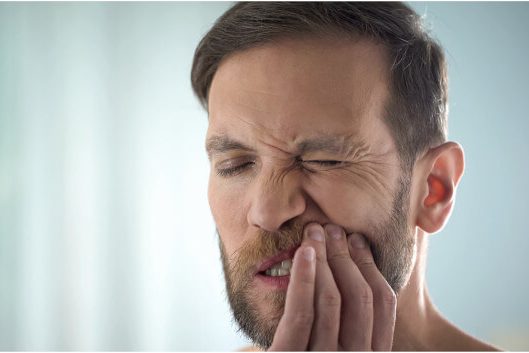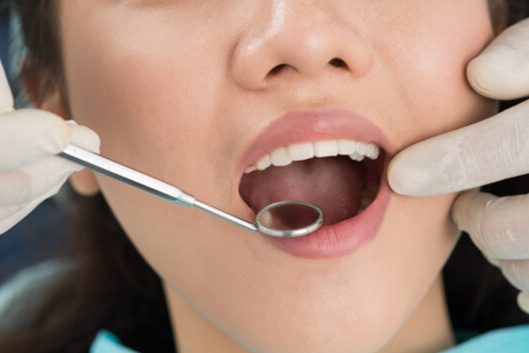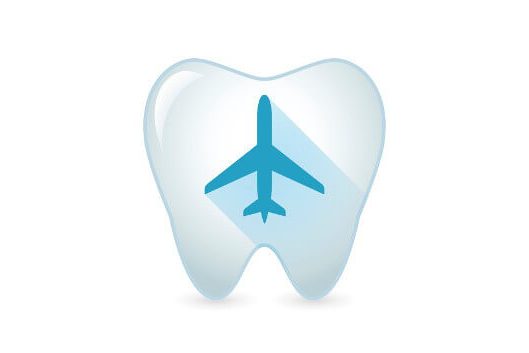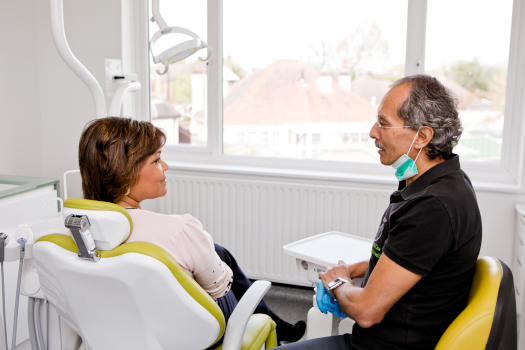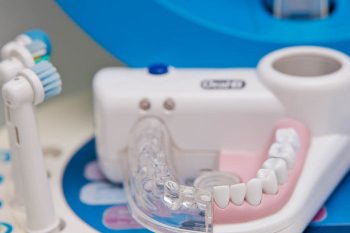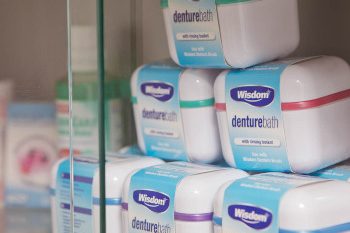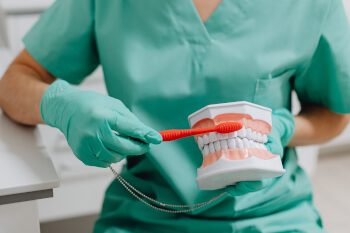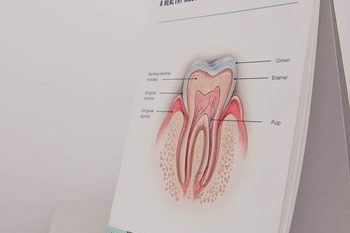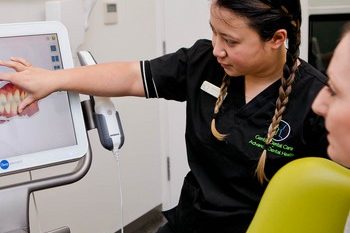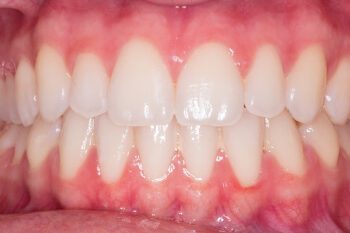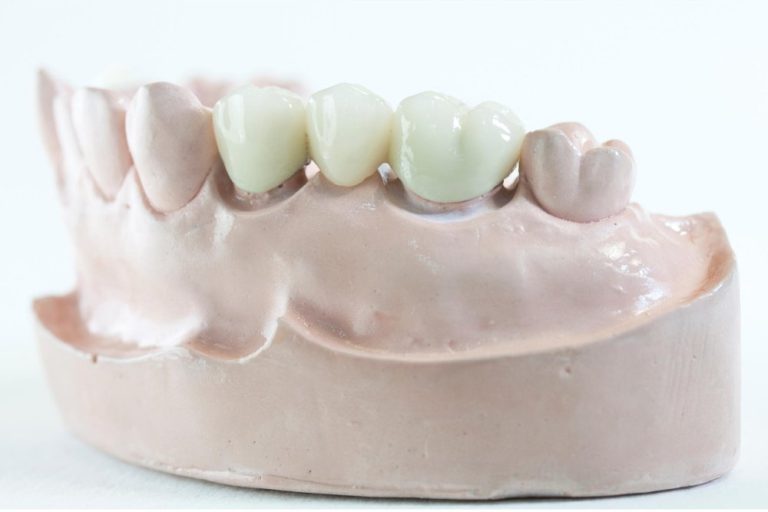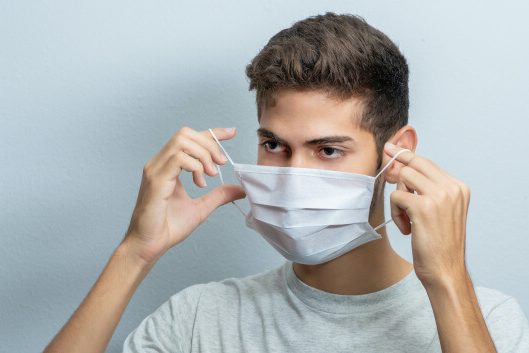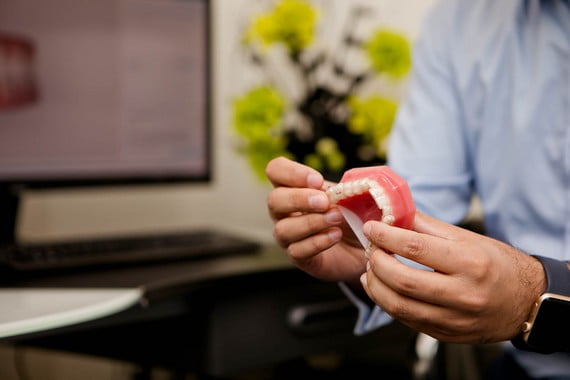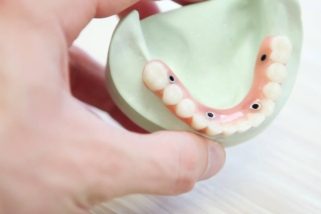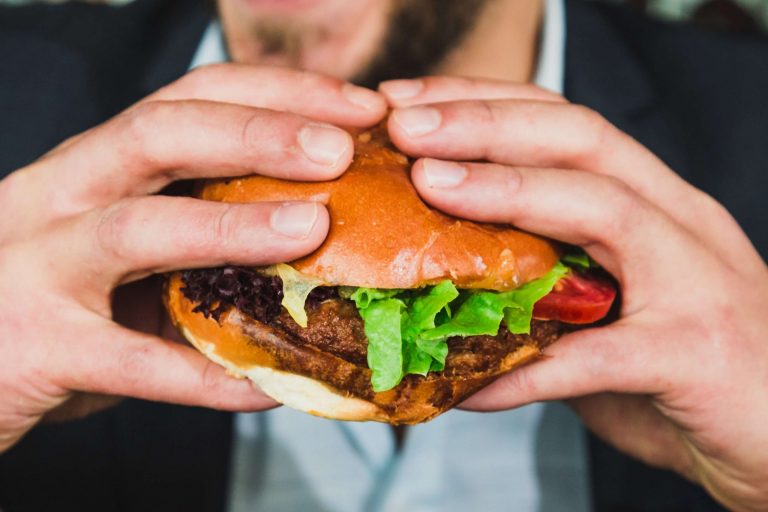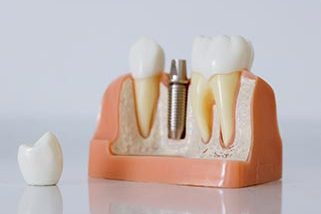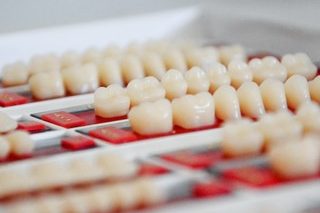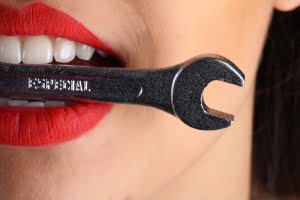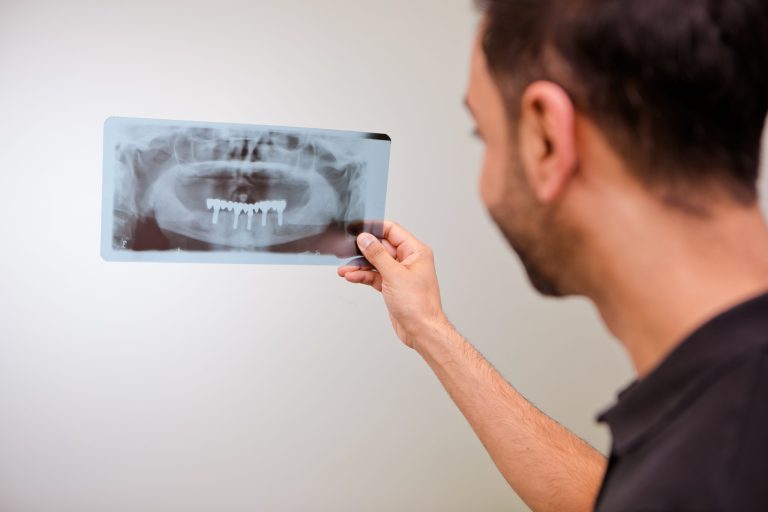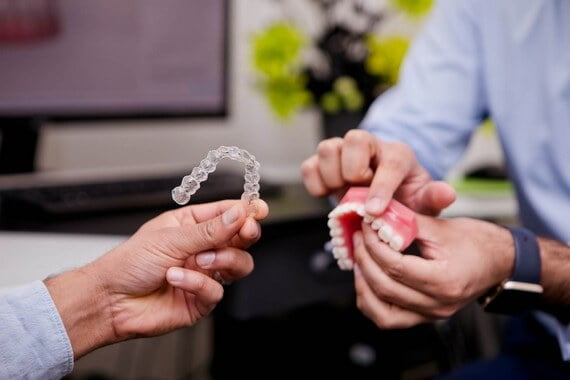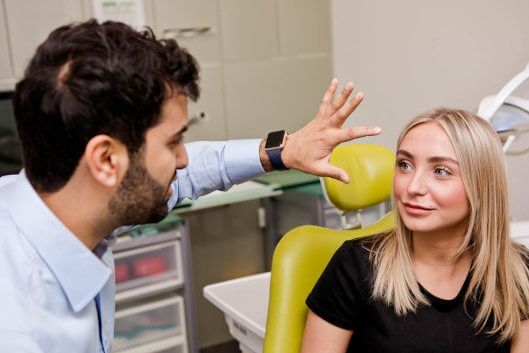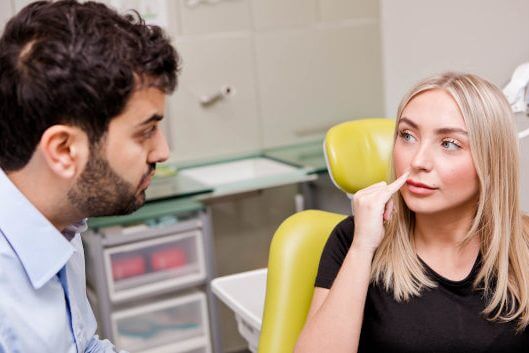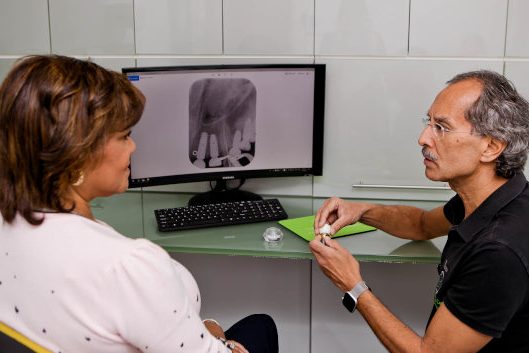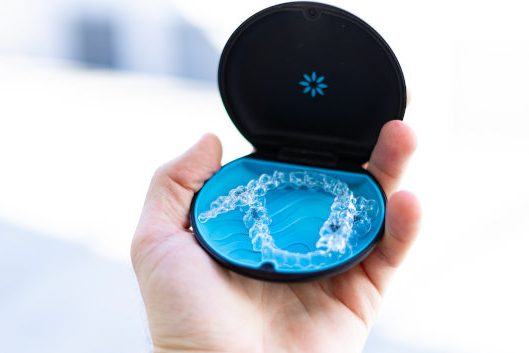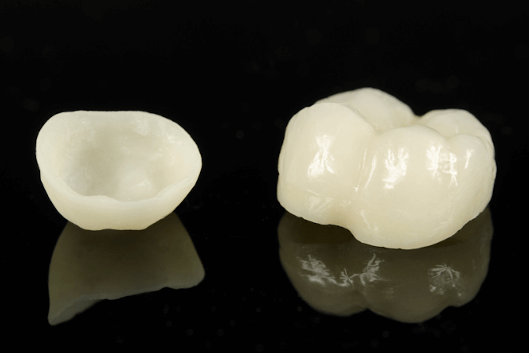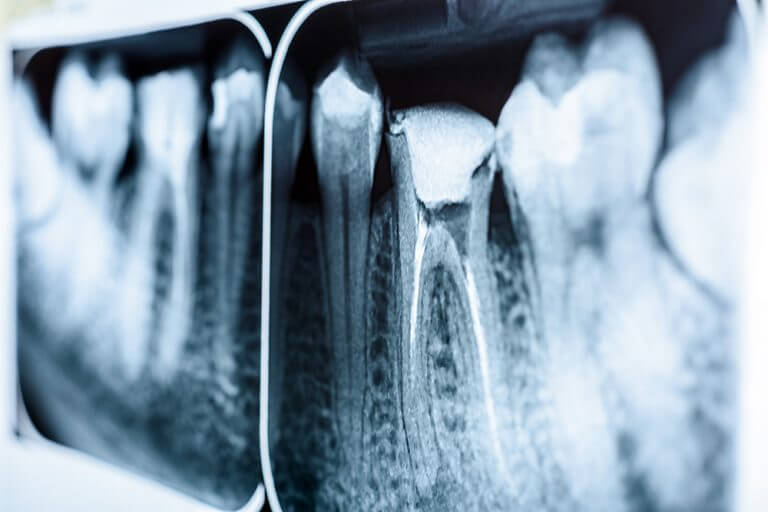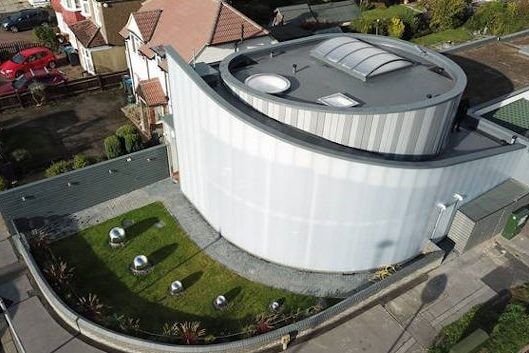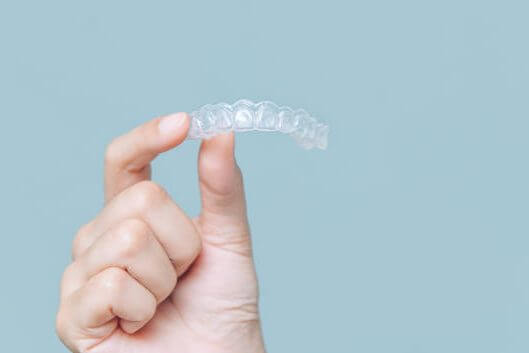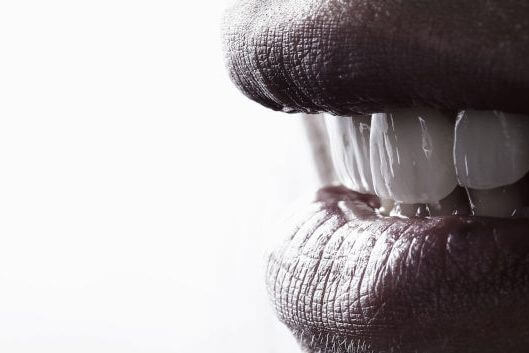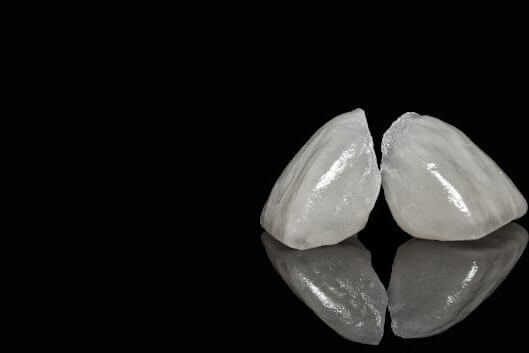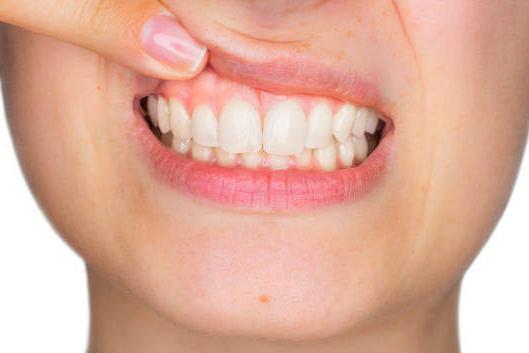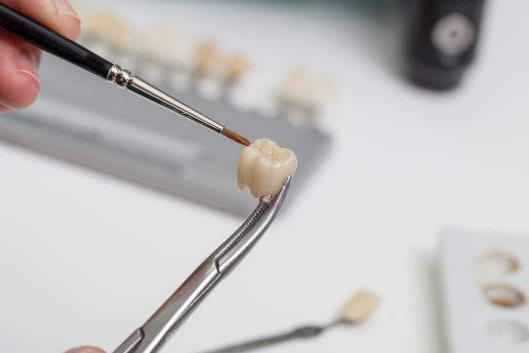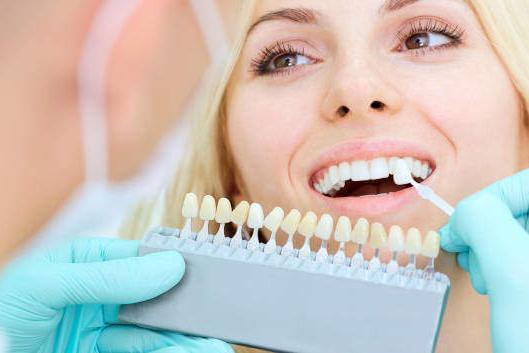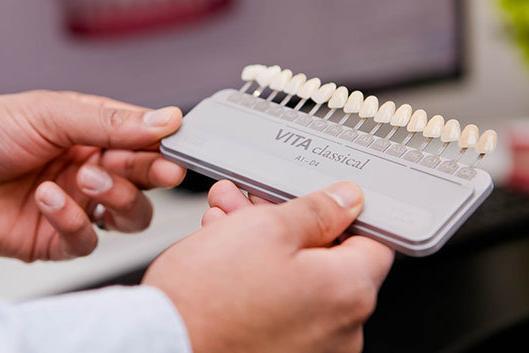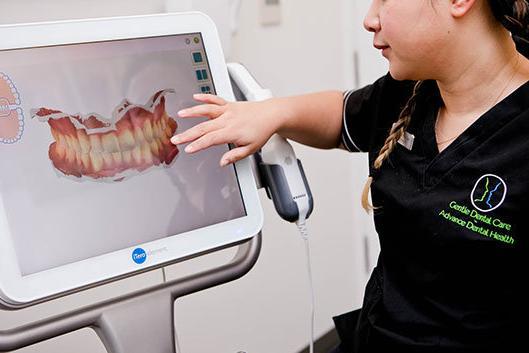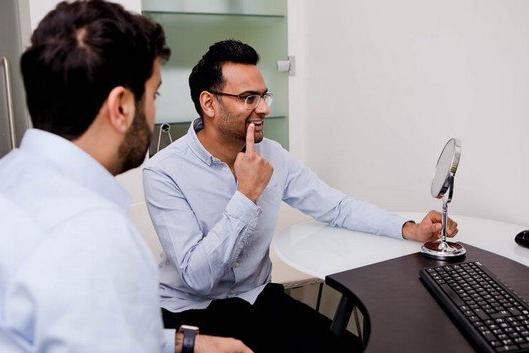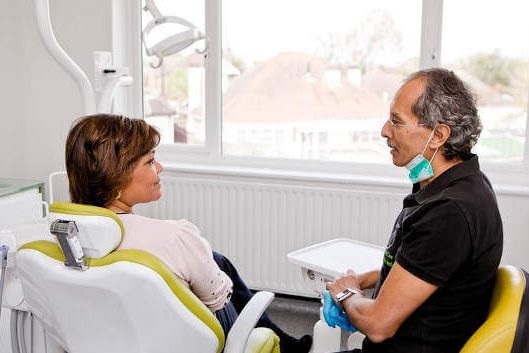How to get an emergency dentist appointment

The actual act of requesting an emergency dental appointment is simple – contact your dentist to arrange. However, before you make the call, it is important to determine if your problem is an actual emergency. In this blog, we explore what qualifies as a dental emergency, how to get a dental appointment, as well as interim actions to take and what to expect at your emergency appointment.
What is a dental emergency?
A dental emergency is generally defined as when your dental pain or discomfort is prohibiting you from carrying out your daily tasks. This is different from a medical emergency, and it usually does not require you having to go to A&E.
A dental emergency can include the following:
- Severe dental pain.
- Uncontrolled bleeding in the mouth.
- Tooth knocked out.
- Tooth abscess.
When you are considering whether you have a dental emergency, it is important to understand when a situation is not a dental emergency. For example, a cracked tooth, missing crown, or missing filling is unlikely to be deemed a dental emergency unless there are sharp fragments which remain in your mouth and cause discomfort. Toothache is also unlikely to be deemed a dental emergency unless the pain is extremely severe. If you believe your situation is not a dental emergency, but treatment is still required fairly swiftly then you should contact the practice as they may be able to arrange an ad hoc appointment and you could receive treatment sooner than usual.
Getting an emergency appointment
Once you have evaluated whether your situation is in fact a dental emergency, it is then essential to contact a dentist and arrange an emergency appointment swiftly. Most dental practices will keep a number of appointments available for potential emergency appointments and usually you will be able to be seen in the next 24 hours. This appointment may be within or outside the usual operating hours of the practice.
Waiting for an emergency appointment
Whilst waiting for your emergency appointment it is essential to maintain good overall oral health and try not to aggravate your issue. The specific steps to take are based on your particular issue, for example if you have a suspected tooth abscess, you should avoid hot food and drink, use a soft toothbrush, and avoid flossing the affected area. Additionally, before the appointment, swill your mouth with warm salt water to disinfect the area.
On the other hand, if your tooth has been knocked out, you should clean your tooth with running water and if possible, place the tooth back into the socket. If not possible, then keep the tooth in milk until you go to the dentist. This helps maintain the pH balance of the tooth and preserve living elements of the tooth. You should do your best to ensure that the area is kept clean and free from debris, as this can cause infection.
What to expect during your emergency appointment
When attending your emergency appointment, the dentist will be focused on locating and treating the cause of the problem. In the event that you are in severe dental pain it may be necessary to remove the tooth causing the pain however, all possible options and treatments will be discussed with you before any procedure is undertaken. If you have had a tooth knocked out, then the dentist may be able to reinsert this tooth. However,this will depend on how soon you get the emergency appointment, and the condition of the knocked-out tooth. If possible then the tooth will be attached to the teeth either side of it using a splint, which will be removed once the treatment is completed a few weeks later. If a knocked-out tooth cannot be saved, then treatment options will be discussed such as an implant or bridge.
In the event that you have a tooth abscess, the affected area will be assessed and there will be an attempt to remove the abscess. There are several procedures which may be done based on the particular situation. There may be an incision made in the affected area and the abscess is then drained, however this is normally a short-term solution to the issue. Subsequently a root canal may be required to remove the abscess from the affected tooth before filling and sealing it, or a tooth extraction could be needed if a root canal is not viable in the scenario.
If you are experiencing a dental emergency, we aim to see you on the day and will always make sure you get an appointment within 24 hours. During the week there are always dedicated appointments for on-the-day emergencies. Be sure to call us at 8am to book one of these appointments and our reception team will advise you further.
We must inform you of the following changes.
We are currently very limited with the NHS services we can provide, as we have reached our capacity. Therefore, we’re currently not accepting any new NHS patients, this also means we have limits to which of our current registered NHS patients we can see on the health service.
we can offer Private emergency and routine check-ups for new patients and registered patients who’re unable to secure an NHS appointment. For further information about our private availability, our lovely reception team are available to help, alternatively, you can make enquires and request an appointment through our website. Otherwise, 111 are always available to assist any patients that require urgent dental assistance on the health service.
Call 020 3925 3846 or fill in our form to enquire about your consultation.
